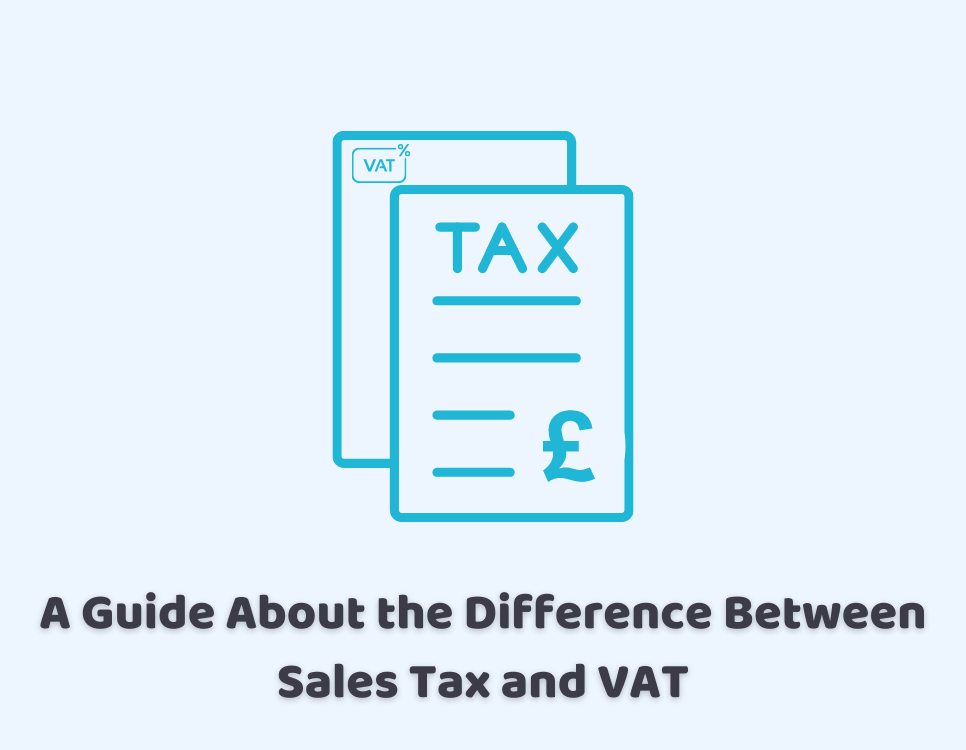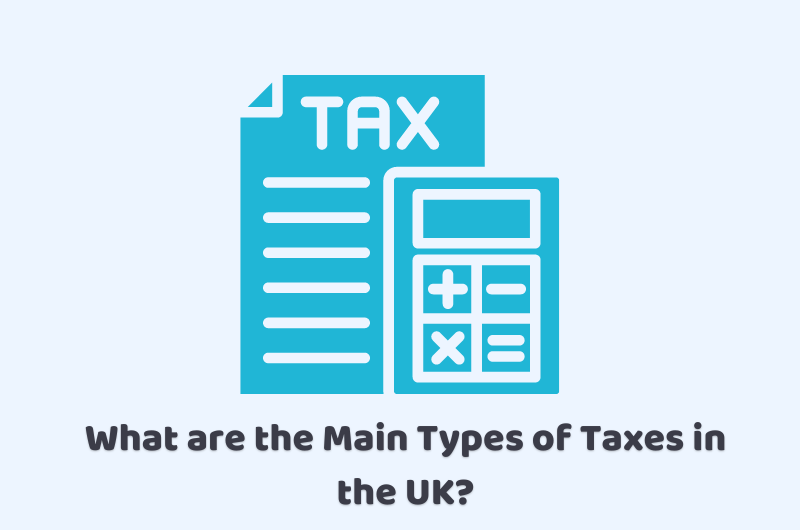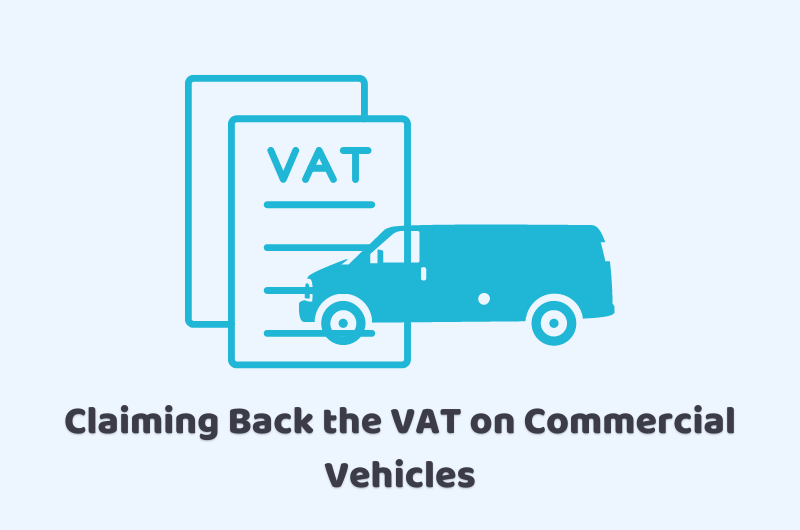
08/07/2022Tax Issues , Taxation
The development of a country’s economy has a lot to do with tax and related policies. There is a possibility of the production of the growth of the economy through the policies of taxation before the time as well. Due to this, the professionals keep on updating and making new policies with the help of finance experts. To make such decisions, the growth and capacity of people who will pay the tax are considered every year. People tend to confuse the difference between sales tax and VAT.
Keeping this in mind, we aim to make this clear in this guide. VAT and sales tax are known to be the two popular tax structures. Their structure came into being a long time ago. This is certain that both VAT and sales tax serve the same cause as both of them are meant to apply to the services and products offered by different systems. However, there are still some differences that make them both define uniquely. We have gathered a basic and introductory explanation of VAT and sales tax along with the prominent differences between them.
Get in touch with one of our experts if you are stuck with your sales or value-added tax. We will offer to provide instant help.
What is Value Added Tax
VAT is the abbreviation of value-added tax. It is a system that is multi-stagged taxation. At the level of production, VAT is the kind of tax that is charged whenever a value is added. VAT is paid by the consumer and it tends to increment at every stage of the production of whatever product your business offers. In the case of shared services, VAT is compensated as well. VAT is not meant to charge on each step of the production. When it comes to export, VAT is not charged and exports are considered exempt from this.
It is vital to keep in knowledge that when a buyer pays the amount of money to purchase your service or product, the cost of material used in the production will be subtracted. Moreover, VAT is a standardised model and does not tend to affect the customers more than the income tax. individuals with lower income find it difficult in the longer run. Because VAT cumulates at the production stage, it is known as cascading tax.
VAT is not affected by the income of the taxpayers because it is allowed to charge only on the utilised products and services. Unlike the case of income tax where the tax percentage is more if one earns more money. VAT is equal for all the consumers who use your services and products.
An Introduction to Sales Tax
When it comes to the sales tax, it is charged on a product at the time of sale. It is known as the consumption tax that applies at the point of sale of any products or services. The formula for sales tax collection is easy and simple. When a consumer purchases any product, the retailer will collect it and submits it to the government. All the businesses come under the liability of the sales tax. The total value of the product is charged with the sales tax.
Unlike VAT which is shared on every level of the production stage when value is added to the product, sales tax is known for adding to the cost of the product. The value of the product is changed due to this and the tax will be collected in this process as well. According to the research of economists, sales tax does not involve any harmful factors to intervene in the growth of the economy. This is because the sales tax does not change as the income or business profit of the consumer changes.
Difference Between Sales Tax and VAT
The prominent difference between VAT and sales tax is the way it is applied to a commodity. Other prominent features that belong to these types of taxation structures are listed and explained below:
- The application of the tax in both structures is different. Because in the case of VAT, it is allowed to charge tax at every level of production while sales tax is charged on the cost of the product when it is time to sell the product.
- VAT is known as a taxation system that is multi-stagged and tends to cascade at all levels of production. On the other hand, sales tax is known to be a single-point ta system.
- It is not possible to evade VAT, however, there are legal possibilities to evade sales tax.
- VAT is a tax type that belongs to the vale added stages of a product whereas sales tax belongs to the single-stage when the overall value of the product is finalised.
- VAT is supposed to be a burden that is given to all the manufacturing entities right from the initial stage of production till the product is finalised. However, sales tax is only for the end-user to be paid.
The Bottom Line
Now that you have gathered a fair amount of information about the difference between sales tax and VAT, we can bring the discussion toward wrapping up. We can sum up by saying that VAT and sales tax are two prominent structures of the taxation system that are mainly used to charge tax on the products and services offered by businesses. However, the way both VAT and sales tax is applied to the products is different from each other.
Which makes each tax structure different and unique in its way. We hope these few minutes of reading will help you to develop a better understanding and help you to deal with the taxation systems more professionally.
Reach out to our young, clever, tech-driven team members to learn the difference between sales tax and VAT. Call us on 02086868876 or email us today.
Disclaimer: The information about the difference between sales tax and VAT provided in this blog includes text and graphics in general. This does not intend to disregard any of the professional advice.



